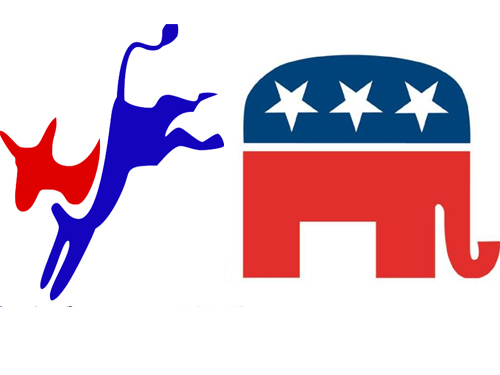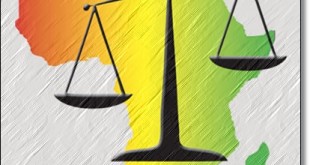Every four years, the President of the United States is elected. Barack Obama, who has held this position since 2008, faced a challenge in November 2010 in the form of the US Midterm Elections (logically so-called as they fall two years into his four-year term).
On the 2nd of November, these elections saw all 435 members of the lower House of Congress, the House of Representatives, re-elected (they each hold their office for 2 years), with a third of the US Senators (who number 100 in total) and 37 State Governors (who hold their office for 6 years) also being re-elected.
Essentially, these elections represent one of the forms of checks and balances that the United States operates to ensure that the well-known political theory of the separation of powers is upheld. They are also a reflection of the political climate in the country, permitting American citizens to display their pleasure or otherwise with the actions of the ruling party over their last two years in office, and allowing the parties themselves to change their political tactics based on the electoral results. They may therefore be recognised as one of the hallmarks of political and electoral responsibility of the executive power within the United States constitutional order.
As such, not only were the political consequences of the elections important, but the legal consequences were too. In the hypothetical case that there had been a complete turnover in both Houses, and the Democrats had ceded their majority to the Republicans, then Obama would have been in a legislative stalemate; that is to say that he would not have been able to pass the liberal reforms he had promised without making some considerable concessions to the political right.

As it happened, the Democrats managed to retain control of the Senate. They now hold 53 of the 100 total seats (although this figure includes two seats held by independent candidates, but who caucus with the Democrats). This majority should be enough to permit the Democrats to pass Bills in the Senate, as long as they manage to remain popular within their own party. This, however, may be easier said than done, given the opposition faced by Obama’s controversial health-care reforms.
But major losses were suffered in the House of Representatives. The Republicans took 64 seats away from the Democrats, leaving the former with 239 seats to 188. This result means that Obama’s policies, in order to pass through the House of Representatives, will need to be more moderate. In other words, he will need to compromise with his rivals if he is to achieve anything in his last two years of office.
This loss has been heralded as an historic landslide by certain commentators, especially with the uprising of the extreme right-wing movement known as the ‘Tea Party’ movement (which derives its name from the Boston Tea Party revolts during the American Revolution). Martin Kettle, journalist for the British newspaper ‘The Guardian’, has told readers to ‘expect inquiries, subpoenas, probes, and… relentless assault tactics’. Essentially, he warns that the Republicans (Tea Party included) will use every legislative power they have within their arsenal to create obstacles for Obama’s regime.
However, it is not uncommon for such a sharp change to occur during the mid-term elections. George W. Bush Jr. faced the very same challenge in 2006 when the Democrats took the lower House from a Republican majority. Another such change happened in 1994, when a landslide victory was won by the Republicans over the Democrats in the midterms of Bill Clinton’s first presidential term. However, looking on the brighter side for the Democrats, Clinton went on to be re-elected, proving that the uphill struggle that Obama faces is not altogether insurmountable.
But Obama recognises the need for change, and has sworn that he will not stand idle, waiting for the end of his term. Speaking in Bombay, he promised to bring more investment in education, clean and renewable energy sources and infrastructures.
At a glance, it seems as though President Obama has plenty of work to do if he is to recapture the minds of the US citizens he won over in 2008. This feat, whilst not impossible, will require significant ideological compromise, and above all a strong political and legal vision.
Peter Beaumont
Lincoln College, Oxford
 Le petit juriste Site de la revue d'actualité juridique
Le petit juriste Site de la revue d'actualité juridique





